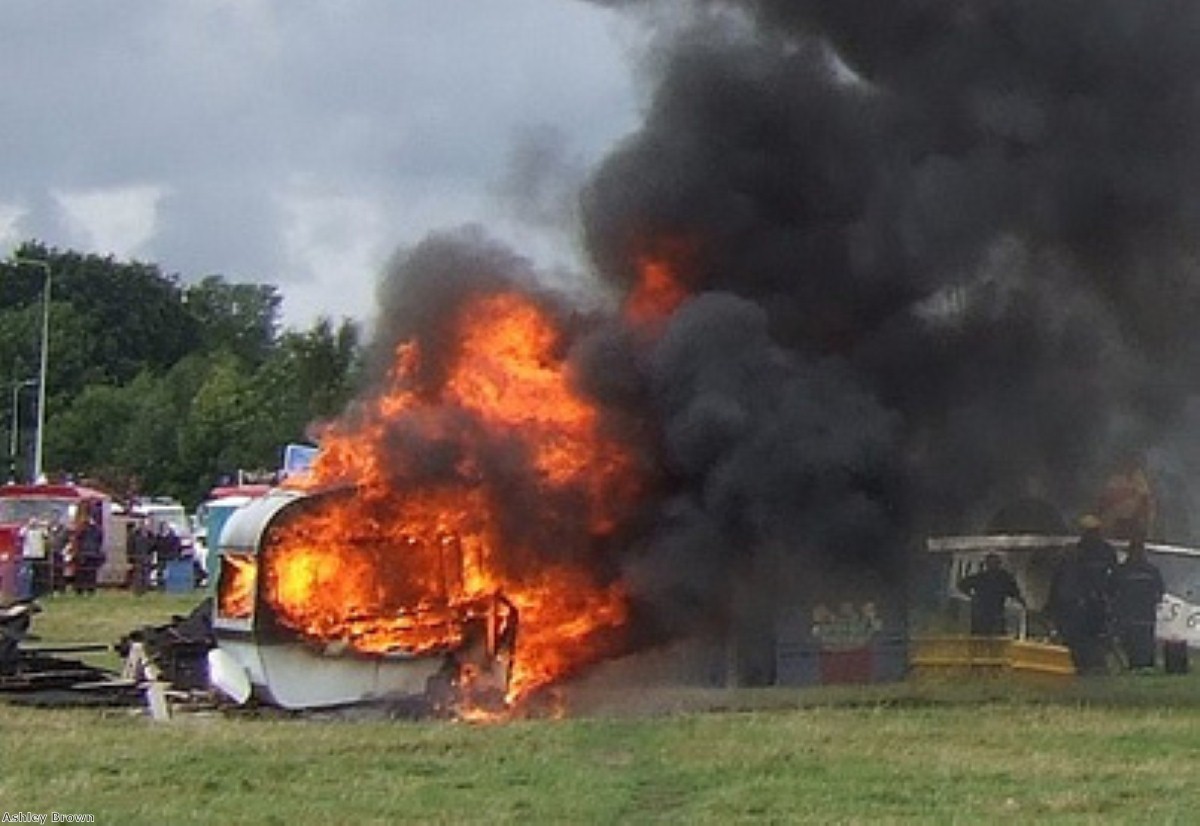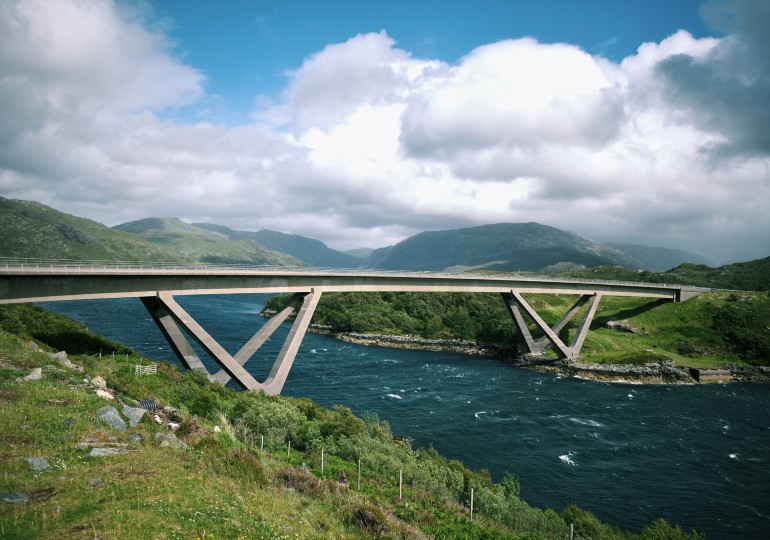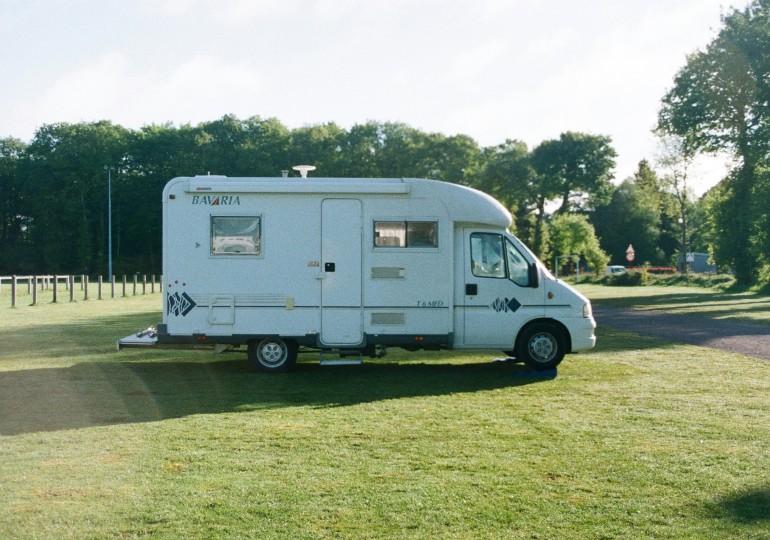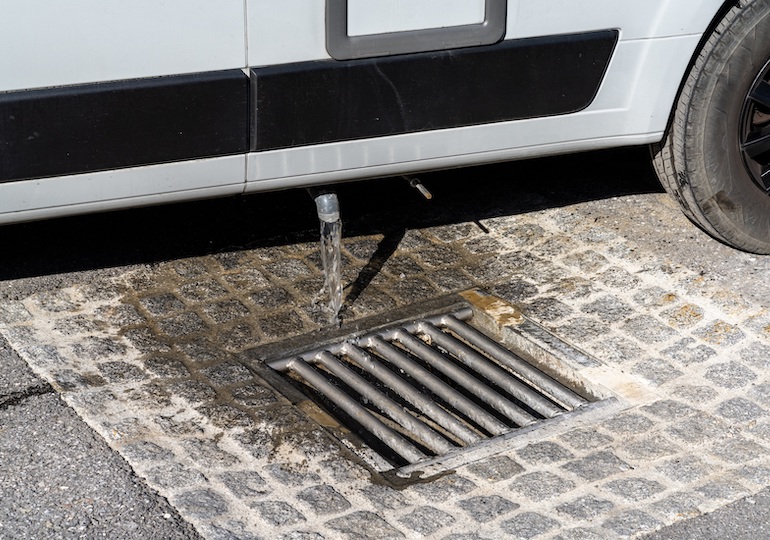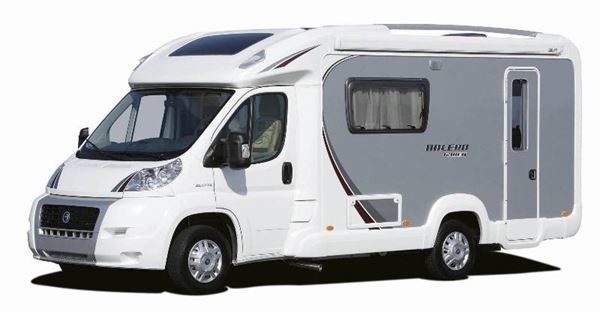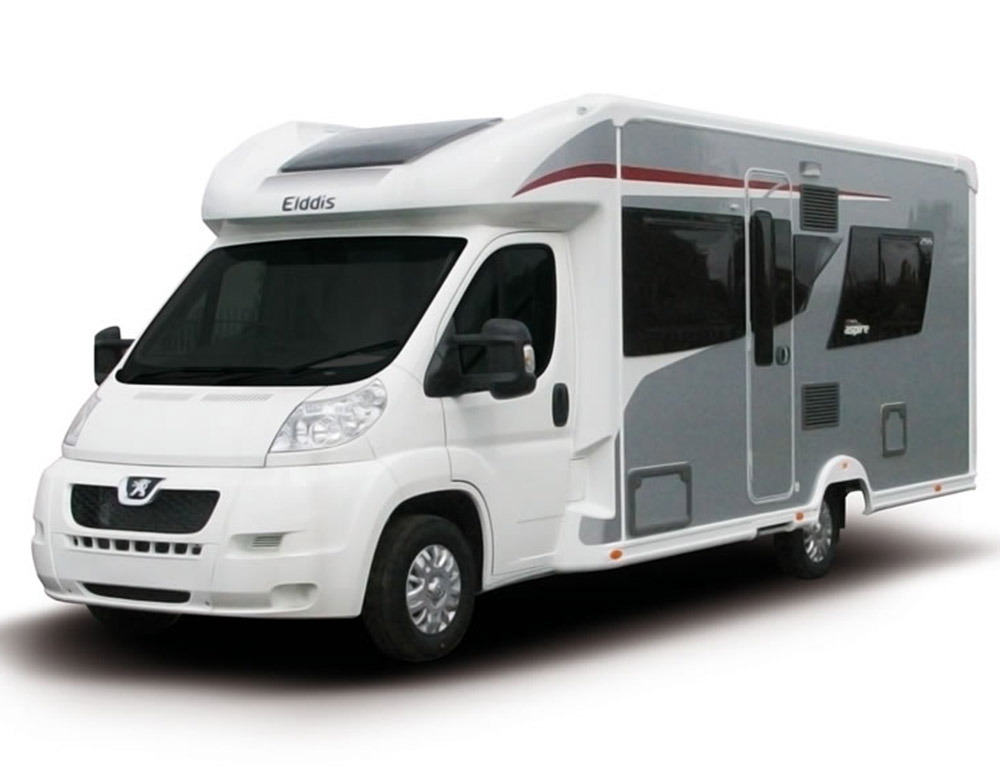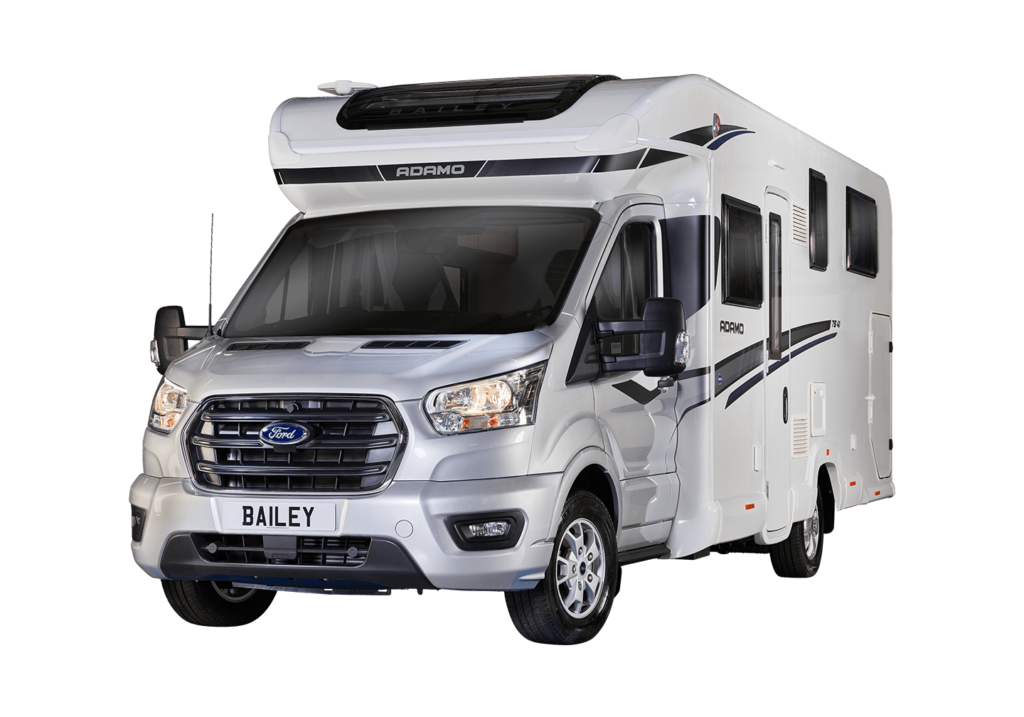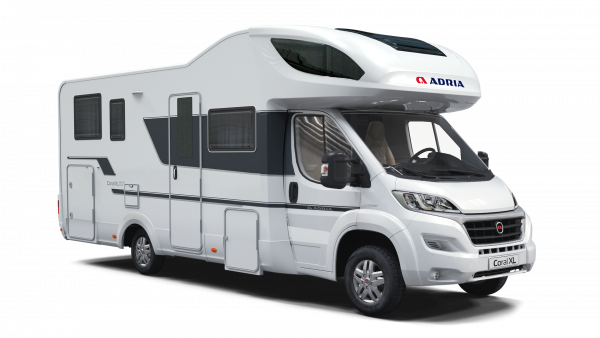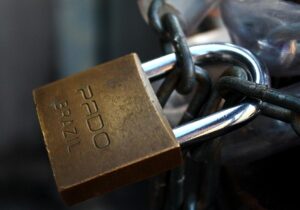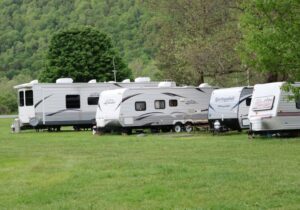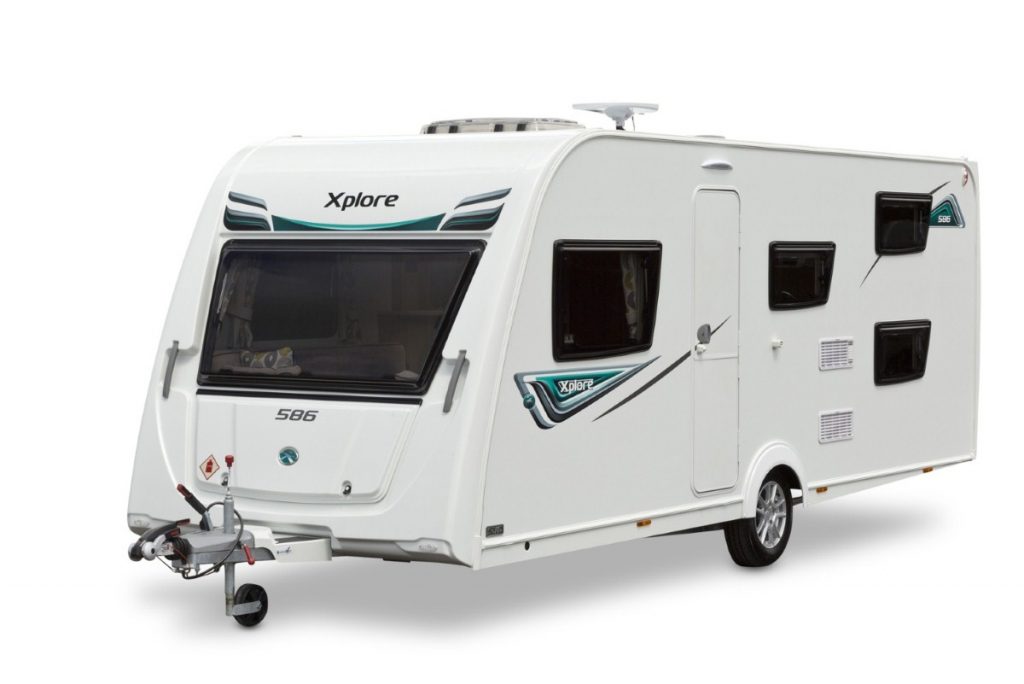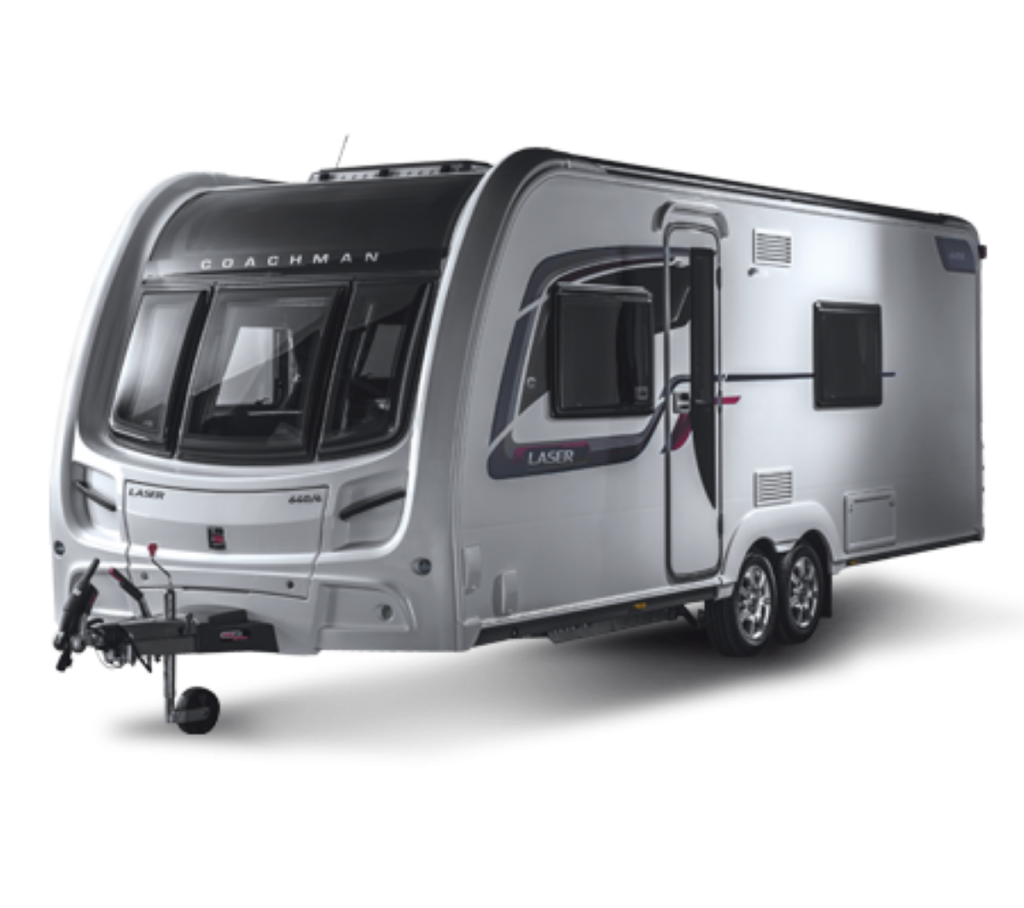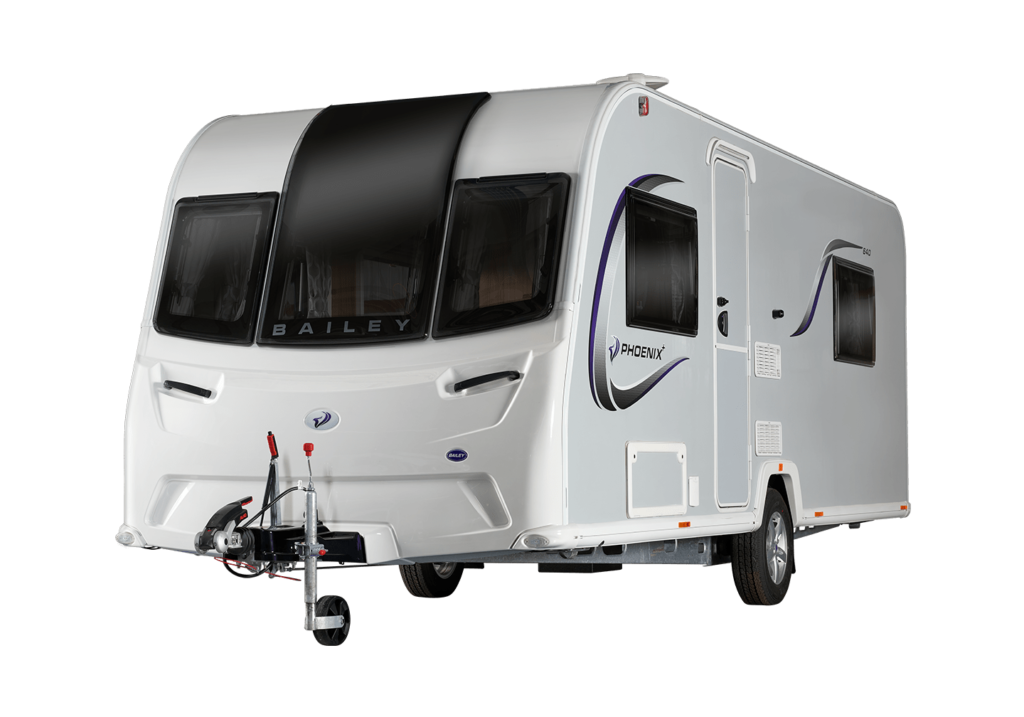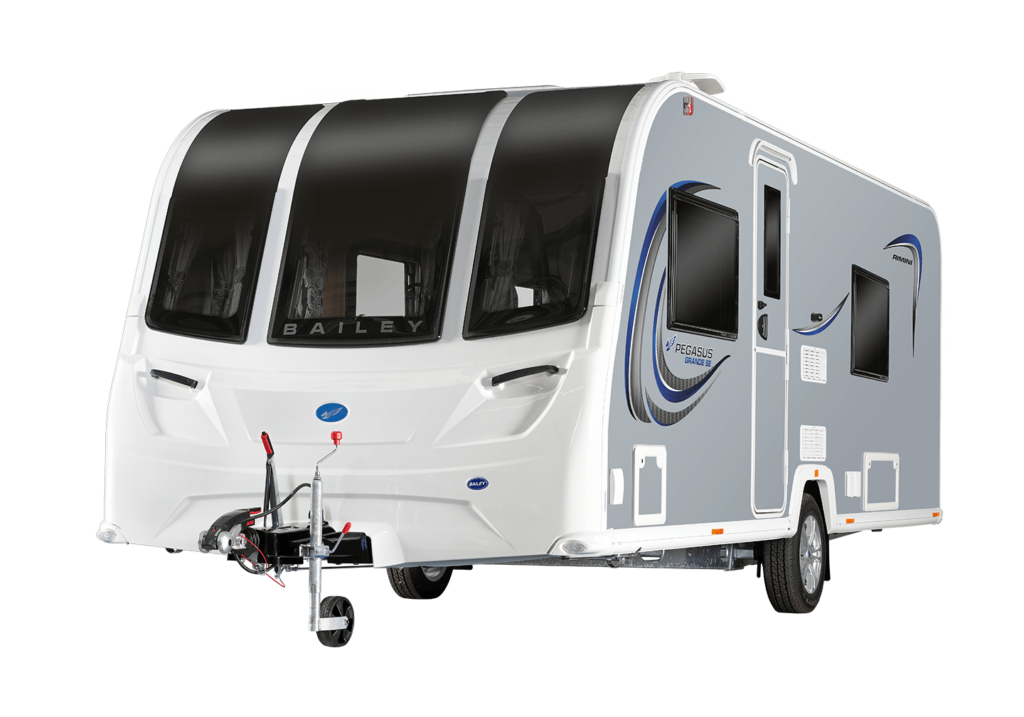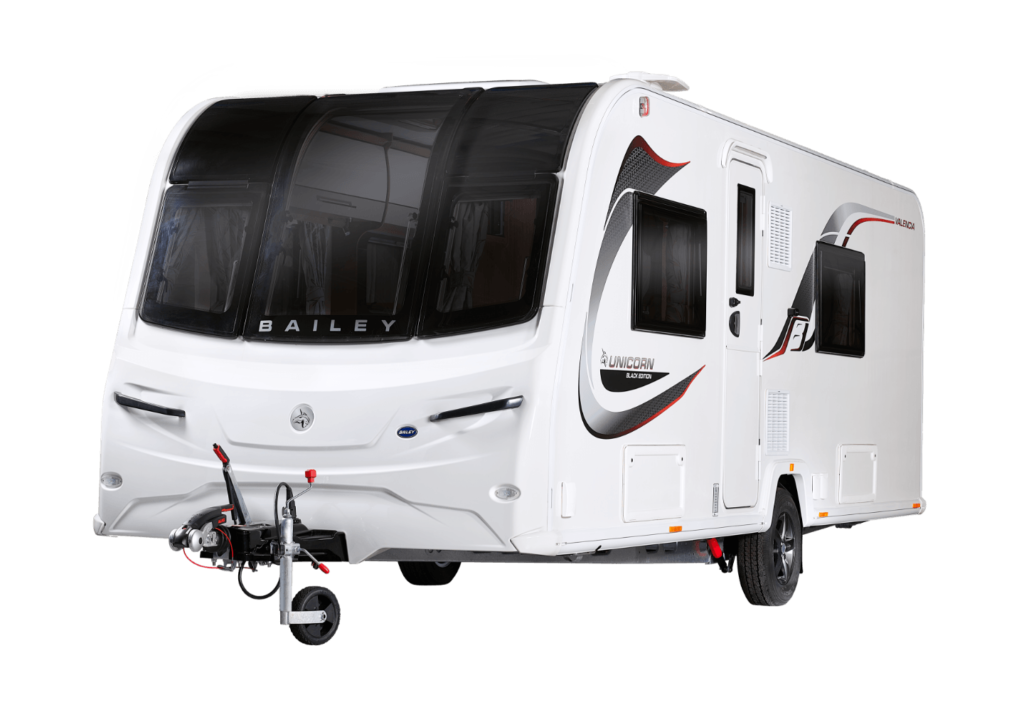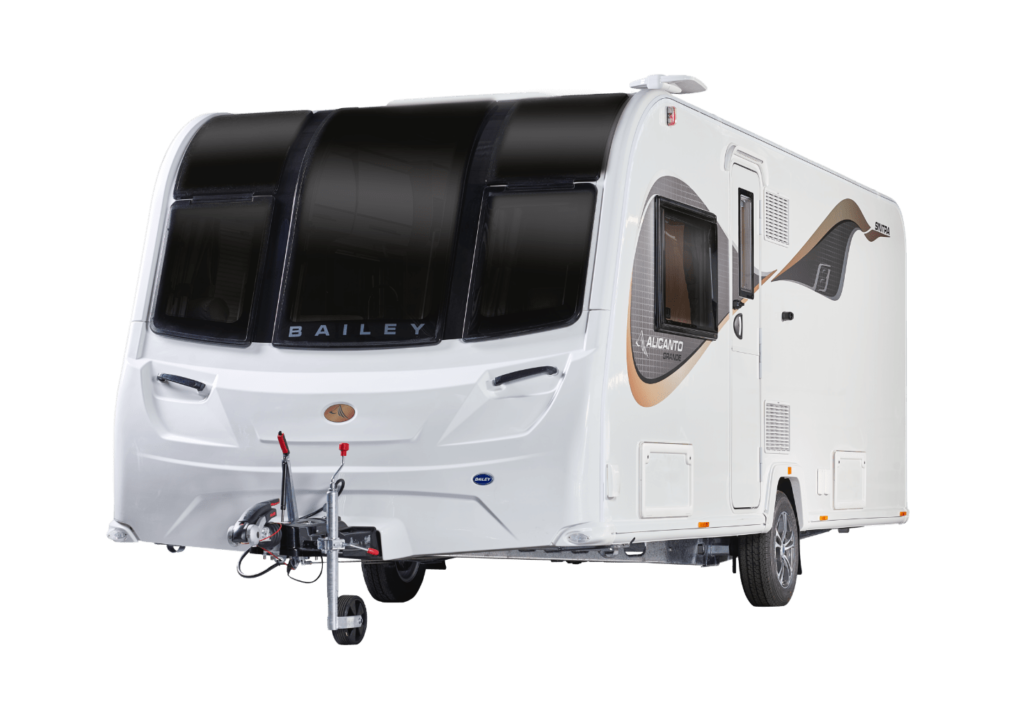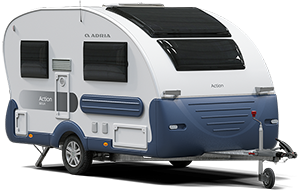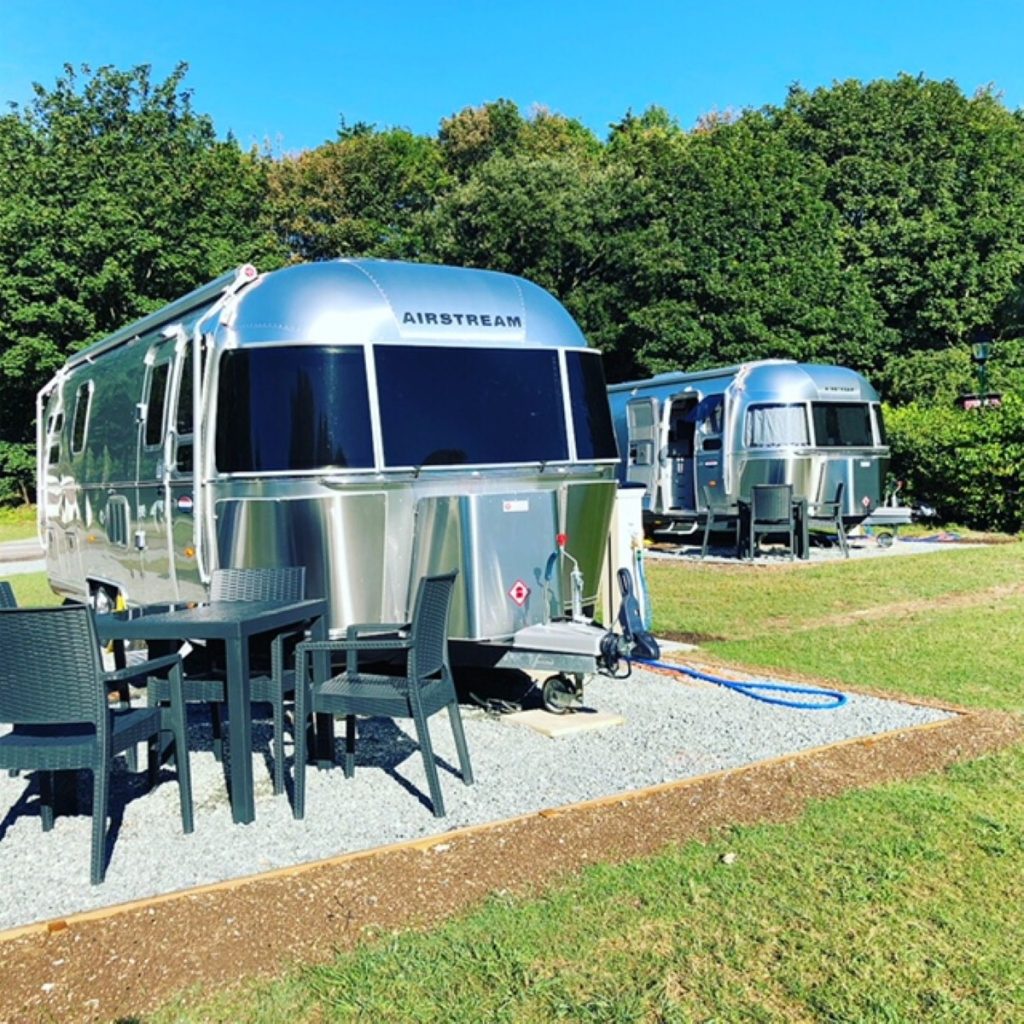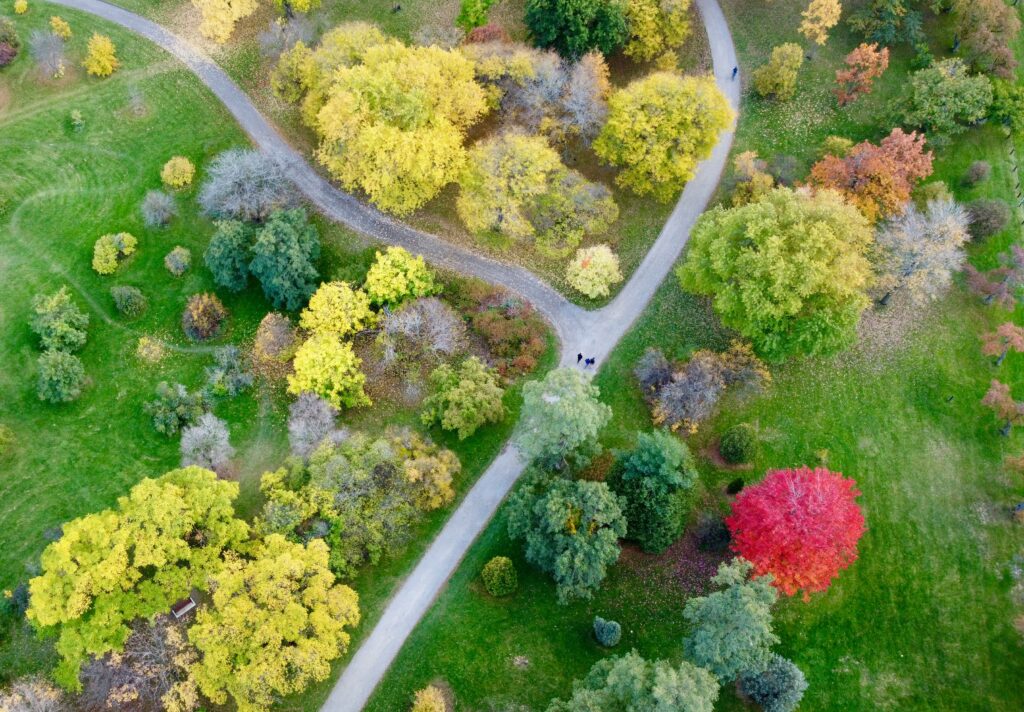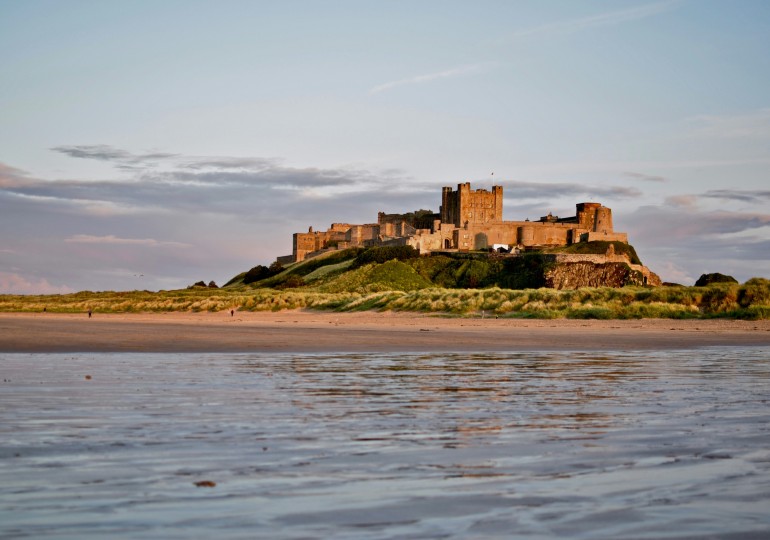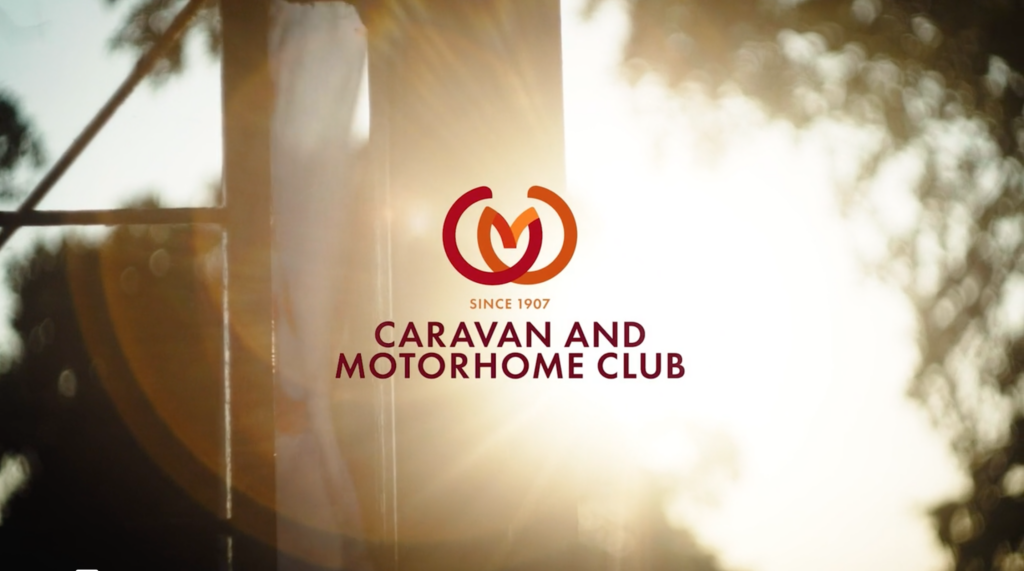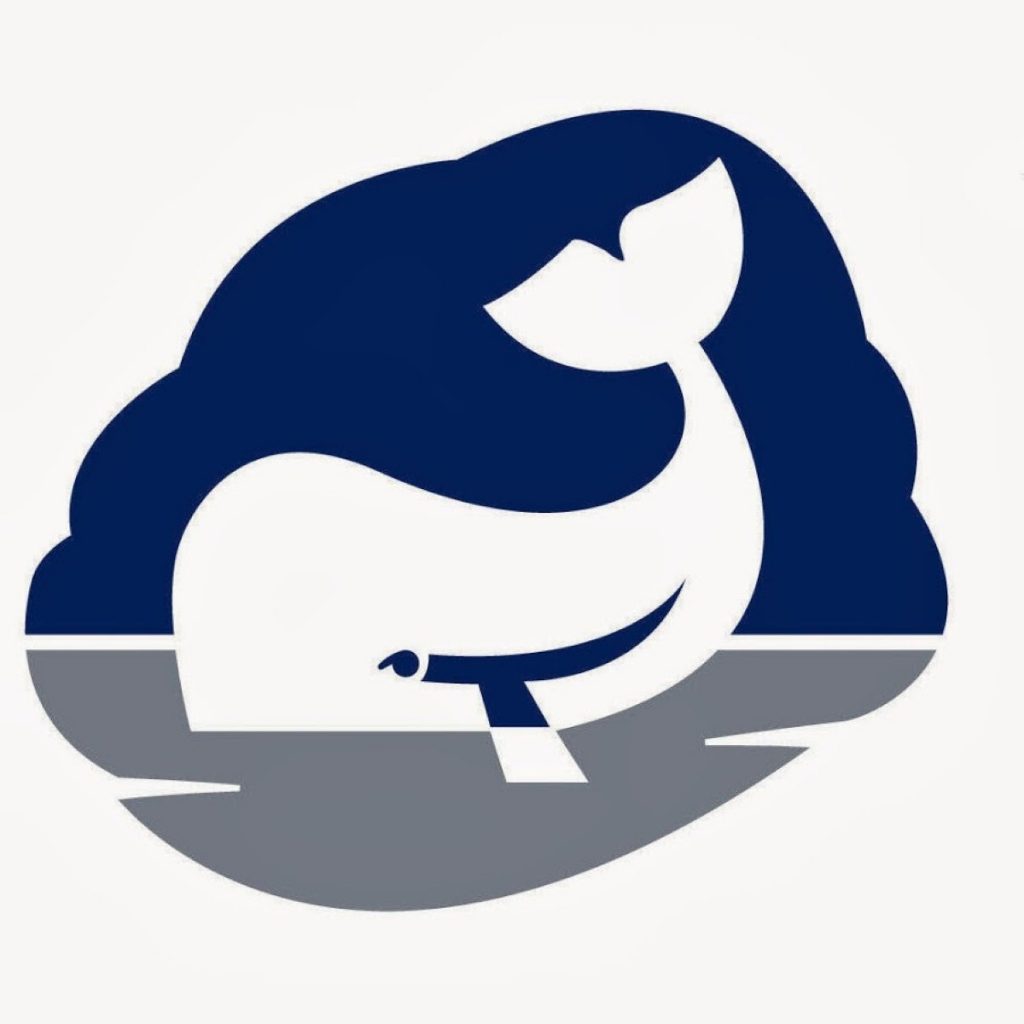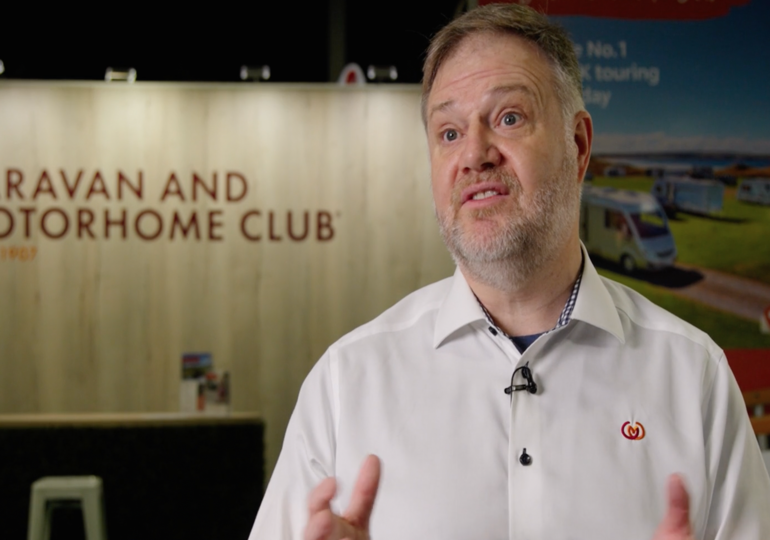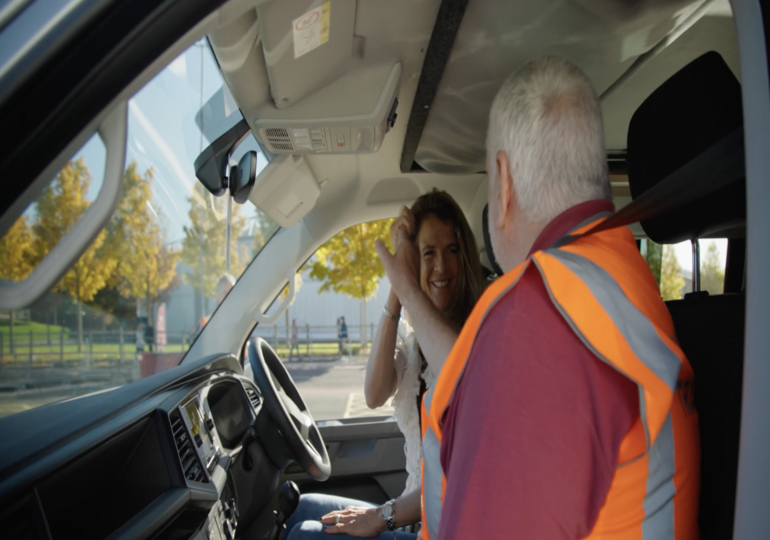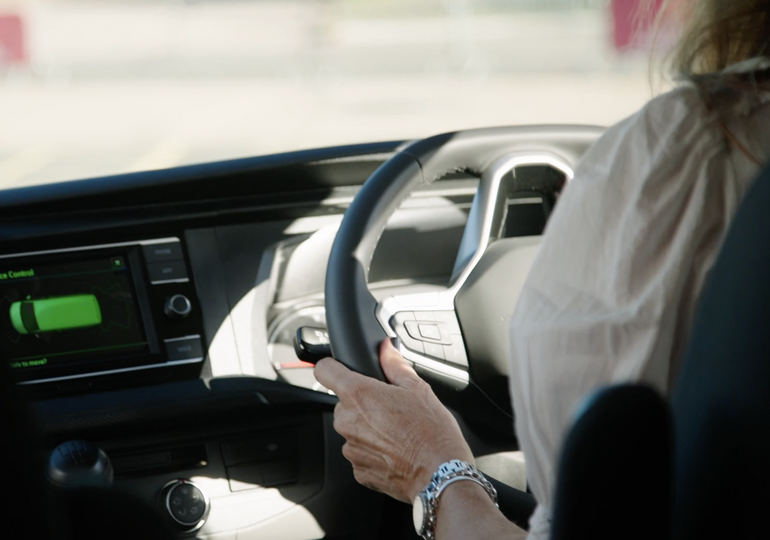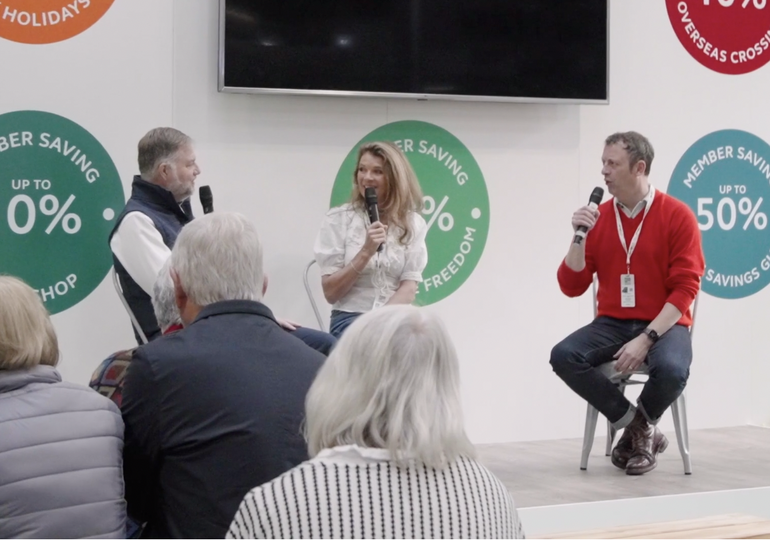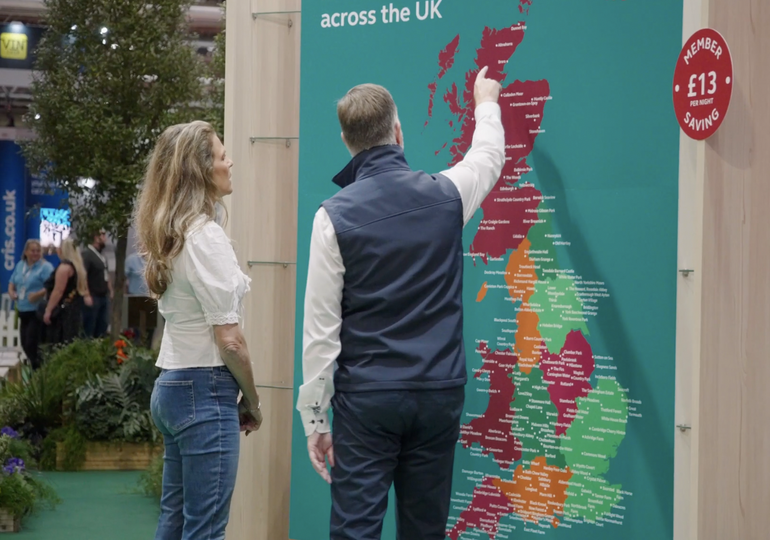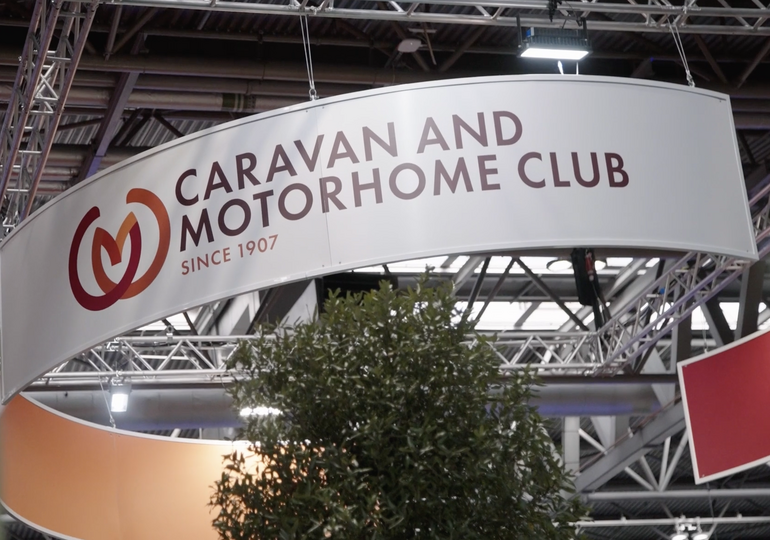By William Coleman
As part of my job I scour the internet to read touring news from around the world and keep my finger on the pulse that is the touring community. When doing my research there always seems to be massive recurring issue, fires in caravans. Why are there so many incidents with fires and touring homes? Are they targets for petty arsonists? Are they too flammable for their own good? Or is it simply poor housekeeping/lack of knowledge on how to safely operate and maintain?
Now let me start by saying that I am extremely confident that most, if not all, of CaravanTimes’ readers know exactly what they are doing and have never had any fire issues with their property. But for those who may be cautious of fire safety here are some tips from us at CaravanTimes.
Avoid The Idiots
I have heard of a lot of instances where fires involving caravans have been started by people. I am not sure why but caravans have always been a target for vandals and arsonists, this really does baffle me. So to avoid this simply cover or hide your caravan, out of sight out of mind.
There are storage facilities for touring homes or if you have a garage use that. It sounds so silly and simple but it is the best way of concealing your pride and joy from unwanted elements.
The Right Extinguisher
Something we all got taught when a fireman visited school was the different types of extinguisher. A caravan is full of flammable materials from the fabric used on the upholstery to the wood used throughout. Although modern caravans have non flammable upholstery there are models out there that may not so check your vehicle to see what materials you seating is made of.
You cannot just chuck water on the fire as it may do little, or in some cased make things a lot worse. So here are the 5 different types of extinguisher and what kind of materials they are to be used for.
Class A- Involve most organic materials. Carbon, wood, textiles, paper.
Class B- Petrol, diesel, solvents, paints and flammable liquids
Class C- Butane, propane and flammable gases
Class D- Flammable metals
Class F- Cooking oils/fats
Extinguishers are also colour coded to help you distinguish which is which.
Signal Red- Water
Pale Cream- Foam
French Blue- Powder
Carbon Dioxide- Black
Check Your Alarm Cooker/Gas Hob
I have been guilty of not checking my onboard fire alarm. It’s such an obvious thing to do yet many people forget to do it. There are some older models that do not have fire alarms, so if you have an older model please ensure that you get one fitted. Lives may depend on it.
Another silly thing that can sometimes be missed, check your cooker. Make sure its in good working order and turned off when you are finished. It may sound simple but it is the most simple of things that cause these fires. Cooker maintenance is key.
Vents
When you are arranging things or making beds it is very easy to fling a cushion that may be in your way. This can lead to air vents being blocked which can then lead directly to fires. Also do not leave towels or clothes on the electric heaters. The clothes may dry quicker but you could end up losing those clothes in the end.
What Will You Do In The Event Of A Fire?
If a fire starts you need to have a plan otherwise things can go from bad to worse in the blink of an eye.
For me personally I asses, very quickly, if this fire is actually fightable. I am not a trained firefighter but I think I could put out a normal fire you may find inside a touring home. Give it an attempt but if it is not working the first thing you need to do is get all the bodies out of the van.
Drop everything and get out and immediately call the fire brigade and alert the site and neighbouring sites. Although most decent sites will have a good distance between pitches fire is unpredictable and can spread in a million different ways.
Once you are outside it is advisable, if safe to do so, remove the electric and gas. A gas cylinder can make one hell of a bang.
There are a thousand different ways to avoid fires but I feel these are the basic essentials. For further info seek advice for the fire services.

